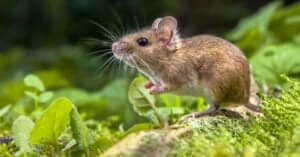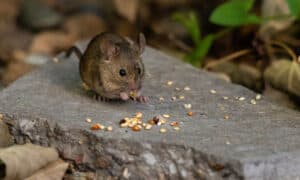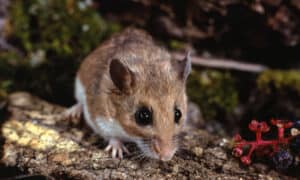
Mice are affordable and low-maintenance pet rodents
©Roger McLassus / CC BY-SA 3.0, from Wikimedia Commons, the free media repository – License
Domestic mice can range in lifespan from 2 to 7 years. The African pygmy mouse lives an average of 2 years while Pachyuromys duprasi lives an average of 5 to 7 years.
Pachyuromys duprasi, also known as ‘Fat-tailed gerbils,’ can be maintained as pets. Most people have little trouble taking care of them and they tend to get along well with their owners. Playing with a fat-tailed gerbil is a favorite for many gerbil owners.

When it comes to mice, the African Pygmy Mouse is one of the tiniest. Many people keep them as pets, and they are quite common in sub-Saharan Africa. As with the ordinary house mouse, it is a member of the massive superfamily Muroidea, which includes over one thousand distinct species of rodents.
Let’s take a closer look at the lifespan of a Pet Mouse.
Pet Mouse Lifespan
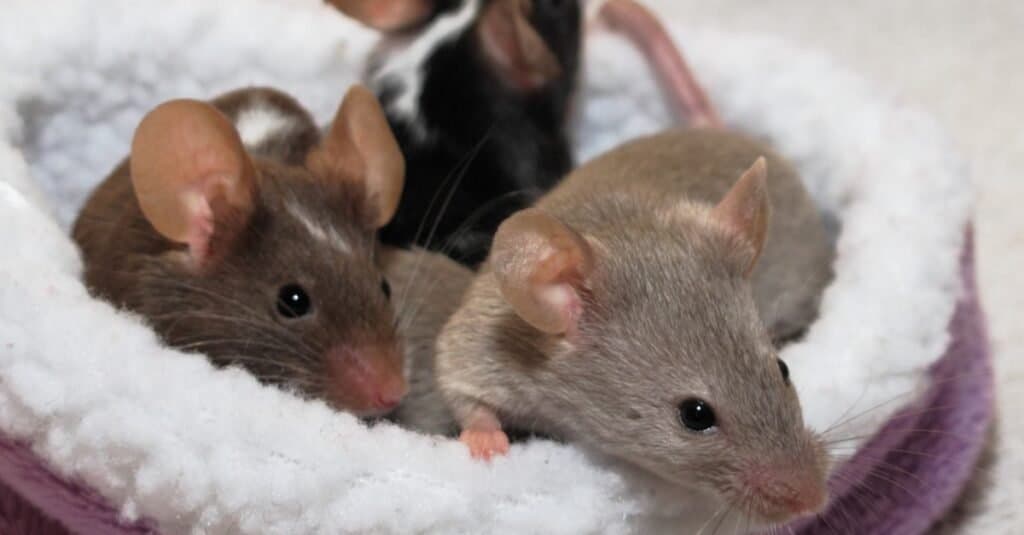
Mice can make wonderful pets for most people. They are clean, friendly, fun, and very active creatures who will give you hours of enjoyment and great company.
©Standa Riha/Shutterstock.com
According to the American Fancy Rat and Mouse Association, the average lifespan of a pet mouse is between one and two years. The lifespan of pet rats and hamsters is two to three years. Some pet mice can live up to 7 years with proper care and good genes.
What Are Typical Health Concerns For Pet Mice?
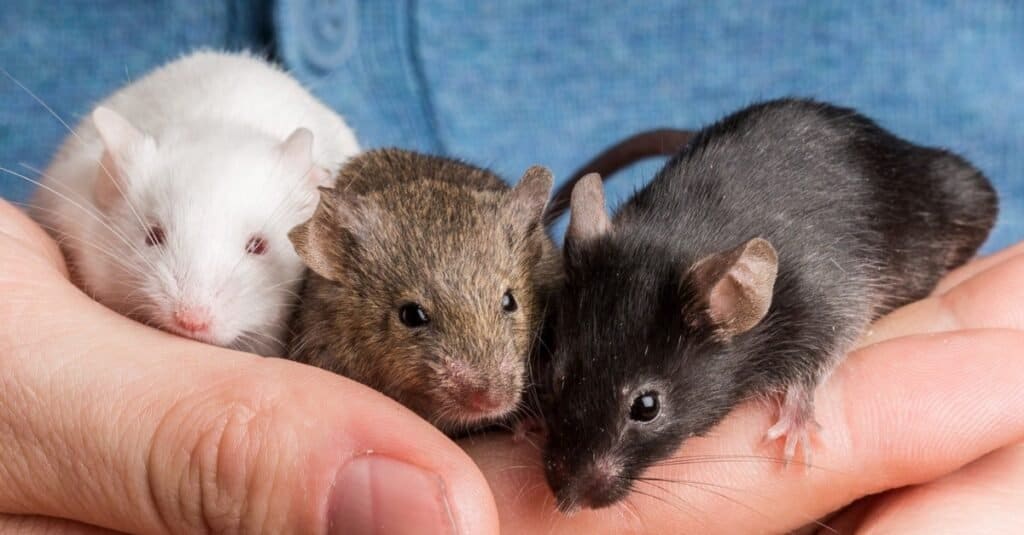
Pet Mice can suffer from issues with skin and hair, including infection.
©iStock.com/artisteer
Mice are susceptible to respiratory infections and malignancies, but because of their small size, many mice can disguise their illnesses, making treatment difficult. Taking a sick pet to the doctor is always a clever idea, but mice owners should be aware that medical issues are often urgent and may necessitate euthanasia.
Pet mice commonly suffer from problems with their skin and hair. Infection and mite infestation can all lead to skin discomfort and hair loss.
How Often Should A Pet Mouse Be Bathed?
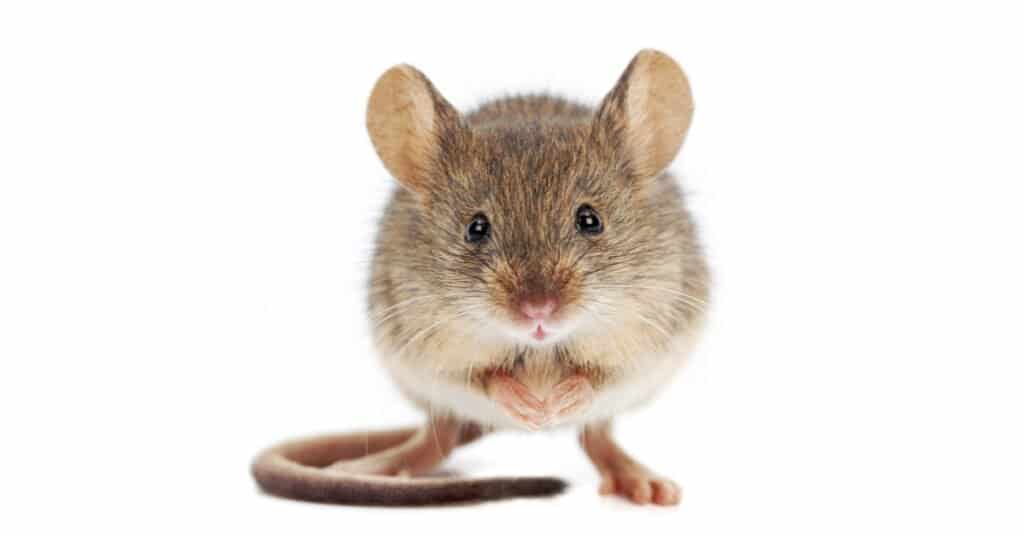
Mice are not as filthy as one might think, they are actually known to clean themselves after each meal.
©Szasz-Fabian Jozsef/Shutterstock.com
Mice are self-grooming creatures; therefore, owners should only intervene if the rodent is incredibly old or covered in harmful contaminants. Compared to rats, mice are cleaner, generally cleaning themselves after every meal.
Can Owning A Pet Mouse Cause Health Problems In Humans?
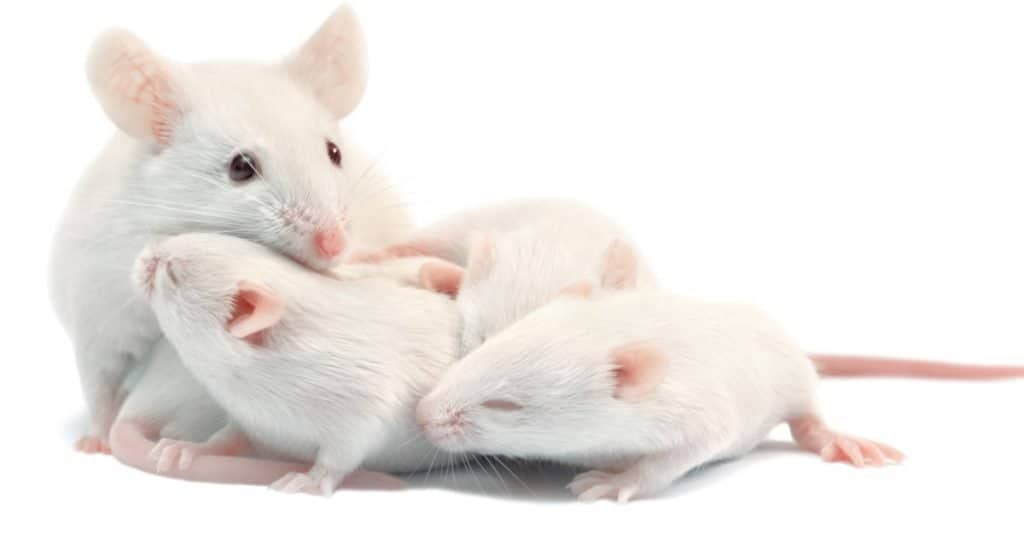
common house mice can carry LCM, or lymphocytic choriomeningitis, which can cause meningitis in humans.
©anyaivanova/Shutterstock.com
Common house mice or pet hamsters carry the LCM, or lymphocytic choriomeningitis organism. By Inhaling dried airborne particles of the animal’s urine, feces, or saliva or eating food or dust contaminated by the rodent’s urine, people can become infected. Though it is quite unusual, LCM can affect the brain or the membranes that surround the brain and spinal cord. It primarily affects young adults.
Avoiding Illness
To avoid any illness in young adult pet owners, keep your youngster away from mice and hamsters, as well as their waste. Cages should be cleaned on a regular basis to avoid a deposit of dried excrement that could be blown into the air. Rat infestations should be prevented, especially in food storage facilities. Wipe the area with a liquid disinfectant if you find rodent droppings.
Now, let’s take a closer look at the Lifespan of a wild mouse alternatively known as field mice.
Wild Mouse Lifespan
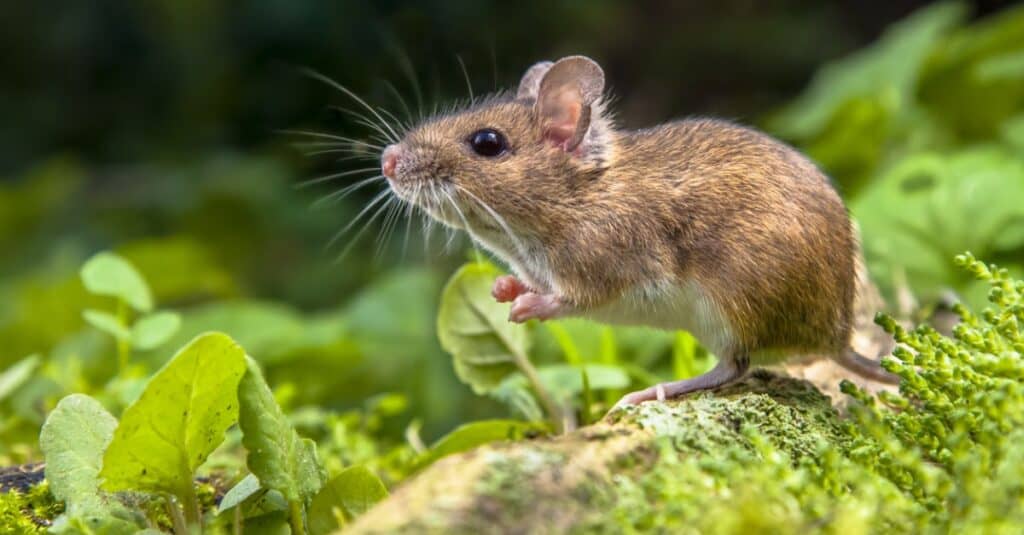
Field Mouse
©Rudmer Zwerver/Shutterstock.com
The “Field Mouse” is a phrase that refers to a variety of mouse-like rodents, but it’s mainly connected with the Meadow Vole, Microtus pennsylvanicus, in the United States. This vole is a wild mouse about the size of a House Mouse, with short legs, small ears, and a short tail. The tint of their fur varies from silvery gray to dark brown. Voles are classed as members of a different scientific family.
How Long Do Wild Mice Live?
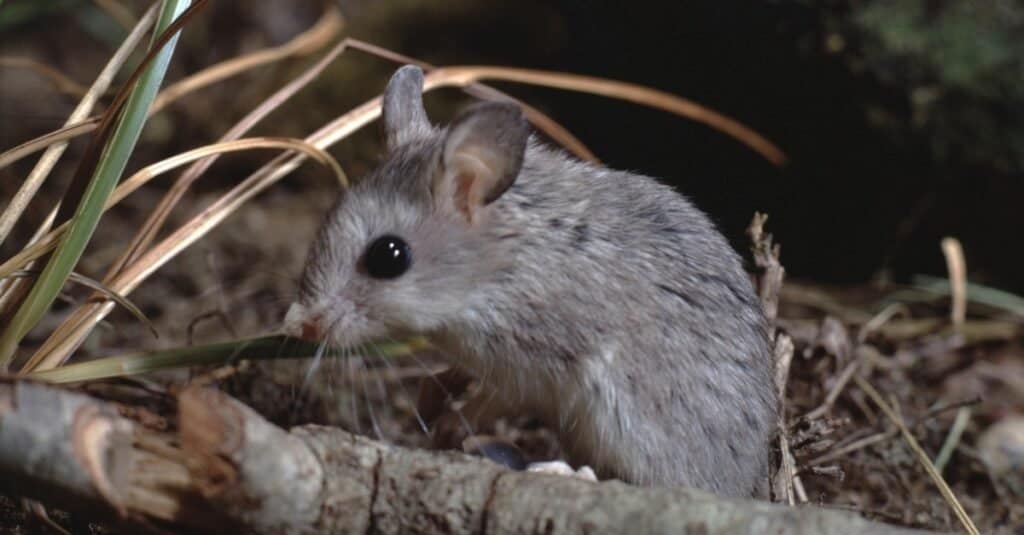
Northern
Grasshopper Mouse
(Onychomys leucogaster) on the forest floor.
©Liz Weber/Shutterstock.com
Mice in the wild typically live for around a year in the wild. It is possible for them to live for up to two or three years if they take sanctuary in your home.
How Do Wild Mice Usually Die?
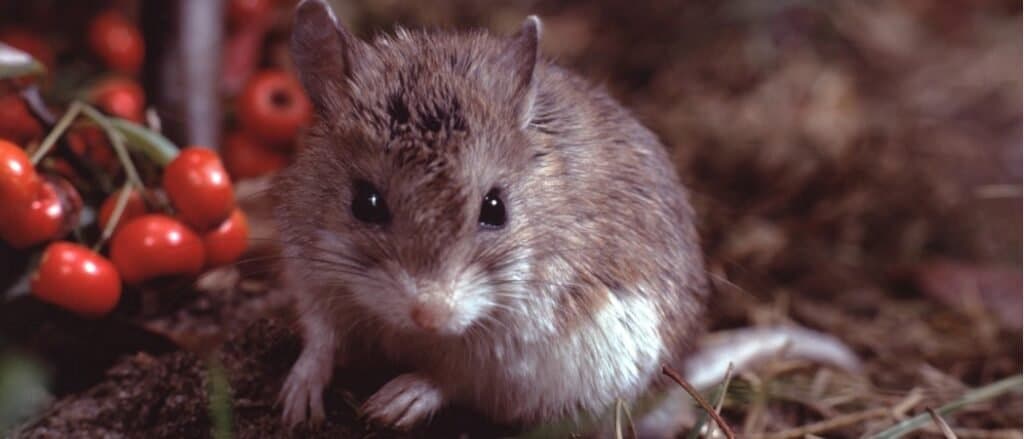
Wild mice often die from dehydration, extreme temperatures, and illness.
©Liz Weber/Shutterstock.com
Just a few hours of exposure to extreme temperatures, illness, and dehydration can kill mice and rats. Their life expectancy might be considerably increased, though, if they are able to find shelter indoors.
What To Do About Wild Mice In Your Home?
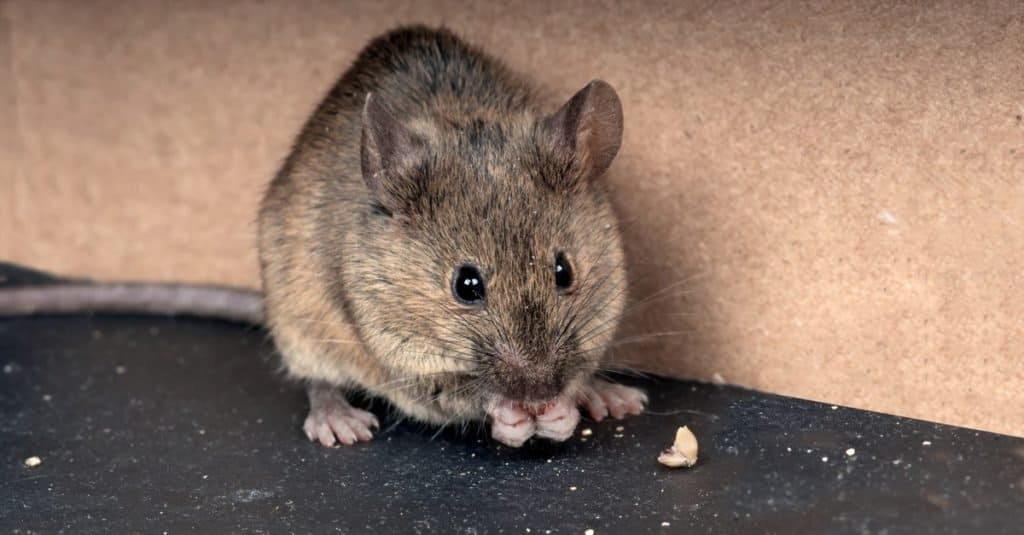
If you are going to get rid of mice that have invaded your home, use live traps. Avoid poison at all costs. This can cause harmful effects on the ecosystem.
©IrinaK/Shutterstock.com
The only humane alternative for catching animals is to use live traps, which can be purchased at most hardware stores or online. Glue boards, snap traps, poisons, and other kill traps are not live traps.
If it is safe to do so, you can remove mice from your house and release them in a detached facility like a shed or garage. However, most house mice have a very slim chance of surviving in the wild after spending most of their lives in structures.
The photo featured at the top of this post is © Rudmer Zwerver/Shutterstock.com
Thank you for reading! Have some feedback for us? Contact the AZ Animals editorial team.



